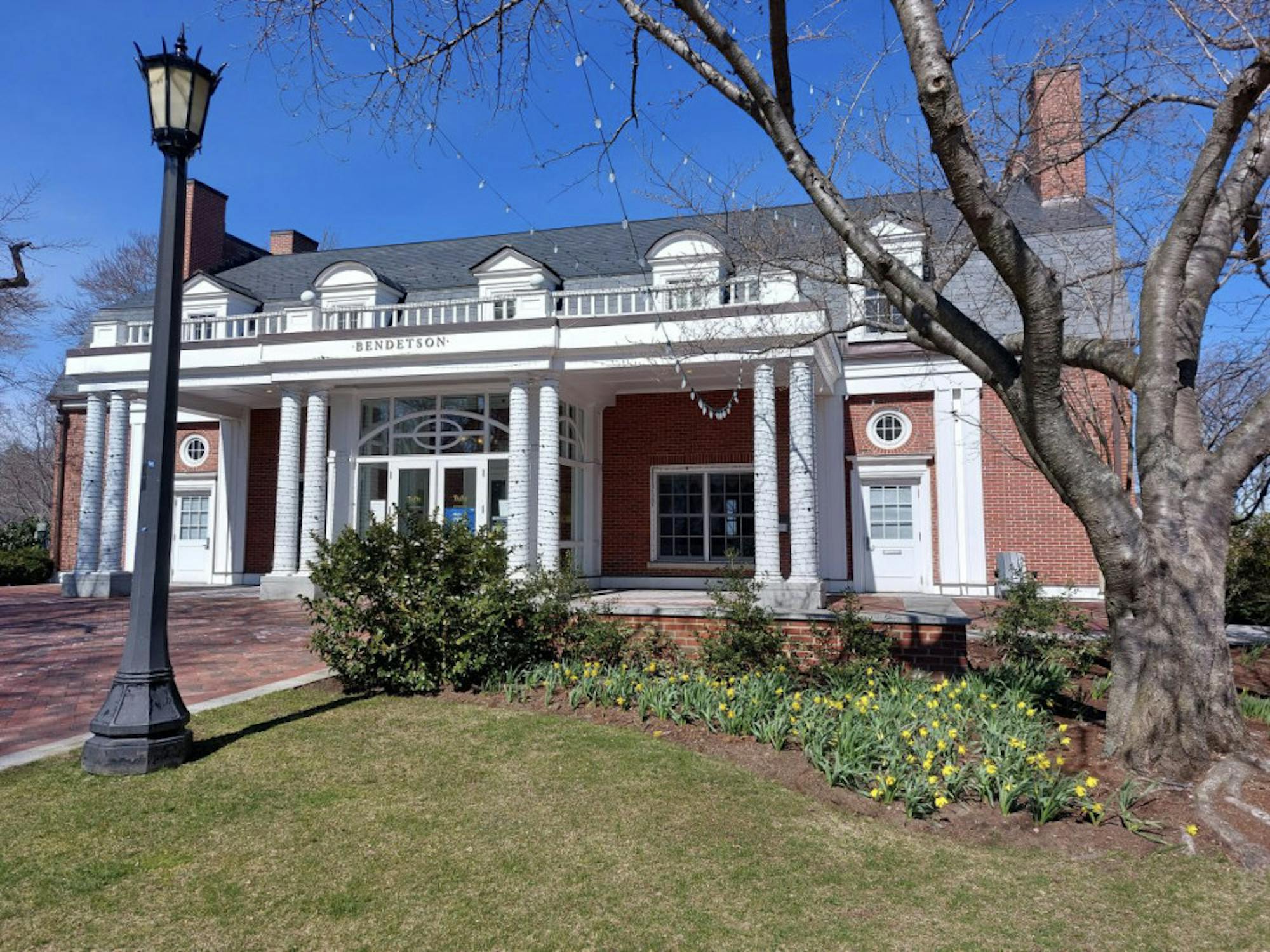The Faculty Senate voted in favor of calling on Tufts to eliminate legacy consideration in admissions at all levels of the university. This resolution follows an analogous resolution proposed by students and passed by the Tufts Community Union Senate in November 2021.
The resolution came to the Faculty Senate from its Committee on Diversity, Equity and Inclusion.
Henry Wortis, a professor of immunology at the School of Medicine and chair of the DEI Committee, summarized the main message of the resolution.
“[The resolution] says that legacy admissions clash with the notion that a university or college — Tufts, in this case — is dedicated to ending racism,”Wortis said.
University President Anthony Monaco announced the university’s initiative to become an anti-racist institution in 2020, which dissidents of legacy admissions say is undermined by consideration of legacy.
Ameya Menta, one of the students who presented the resolution in front of the TCU Senate last November, explained the harms of legacy consideration.
“Legacy [admissions] stems from a very outdated process that was used to protect the status of wealthy, white Protestant males,” Menta, a sophomore, said. “In using legacy and admissions today, we recognize that it does not follow Tufts’ commitment … to [becoming] an anti-racist university.”
Other levels of the university, such as the Tufts University School of Medicine, have previously removed legacy consideration from admissions.
James Glaser, the dean of the School of Arts and Sciences, explained that the way Tufts uses legacy status in admissions is designed to limit the privilege that this practice introduces.
“At Tufts, we allow students to check a box on the application to indicate whether they have a parent, grandparent, or a sibling who has attended the university,”Glaser wrote in an email to the Daily. “Legacy status is one consideration among many in the admissions process. Because legacy status at Tufts includes siblings, the way it is operationalized here does not necessarily mean that our practice perpetuates privilege.”
Glaser also explained the benefits to admissions that considering legacy status brings.
“Many superb high school students who are legacies likely apply to Tufts because they know it better than other universities,”Glaser wrote.“There is value in having these students in our pool. Legacies may also be more likely to say “yes” to our offer of admissions than other talented students.”
Another common justification for legacy admissions is that this process helps fundraising efforts, as the families of legacy students are more likely to donate money to institutions.
Wortis directly challenged this belief.
“One concern of senators and the committee — before we submitted our motion — was whether this would have an impact on the ability of the university or individual schools to fundraise,” Wortis said.“And there isn’t much literature … where people have investigated this, but there is one published study that suggests that getting rid of legacy admissions does not have a negative impact on fundraising by universities and colleges.”
Menta spoke about the importance of having both the student and faculty resolutions, as support from both parties helps to show administration the importance of this issue.
“I think it’s really amazing to show that students and faculty alike both care so deeply about this issue, and it’s just a signal to administration that there needs to be a change,”she said.“Tufts can't be one of the last schools to step on this train to furthering commitment to anti-racism.”
In response to the resolutions, Glaser explained the next action steps for the university.
“Together with Dean Lee in Engineering, I have asked the Dean of Admissions to conduct a study of legacy admissions this summer,”Glaser wrote. “We’d like to understand the implications of our legacy practice – without making assumptions – before making any decisions about how to proceed with the policy.”
Despite the steps already being taken by administration in response to these resolutions, Menta urged students and faculty to continue in voicing support for diversity in admissions.
“I think one of the things that I am [proud of] and I love about our institution is that we really have a voice on this campus,” Menta said.“Hopefully, by demonstrating interest and continuously working on this, change can be made in the future. That might start with removing the question, but it doesn't end there. We're so focused on the completeness of diversity in admissions as a whole that this is just one step to a greater future.”






